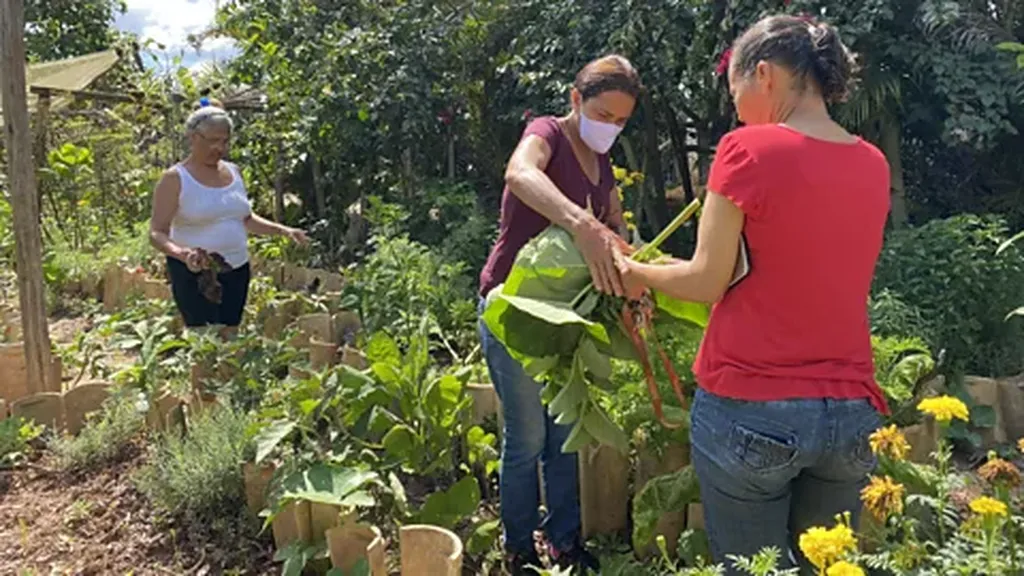In the heart of Brazil’s semi-arid region, researchers are turning urban waste into a valuable resource for agriculture, offering a sustainable solution that could reshape urban farming and energy sectors. Luiz Fernando de Sousa Antunes, a researcher from the Federal Rural University of the Semi-Arid in Mossoró, Rio Grande do Norte, Brazil, has led a study that explores the potential of millicompost—a byproduct of organic waste decomposition—to replace commercial substrates in seedling production.
The study, published in *ACS Omega* (which translates to the American Chemical Society’s broad-spectrum journal), focuses on bell pepper seedlings, a crop of significant economic importance. By combining millicompost with different green wastes, the research team has demonstrated a viable alternative to conventional substrates, which are often expensive and environmentally taxing to produce.
“Our findings suggest that millicompost can be a game-changer for urban agriculture,” Antunes explains. “Not only does it reduce the need for commercial substrates, but it also provides a sustainable way to manage urban waste, turning it into a resource rather than a burden.”
The implications for the energy sector are equally compelling. Traditional substrate production often involves energy-intensive processes, from mining and refining to transportation. By contrast, millicompost production is a low-energy process that can be integrated into urban waste management systems. This could lead to significant energy savings and a reduction in the carbon footprint of agricultural practices.
Moreover, the study highlights the potential for urban farming to become more self-sufficient and resilient. By utilizing locally sourced waste materials, urban farmers can reduce their dependence on external inputs, making their operations more sustainable and economically viable.
“This research is a step towards a more circular economy,” Antunes notes. “It’s about closing the loop, where waste becomes a resource, and agriculture becomes a part of the solution rather than the problem.”
The study’s findings could pave the way for future developments in urban agriculture and waste management. As cities around the world grapple with increasing waste generation and the need for sustainable food production, the use of millicompost offers a promising solution. It’s a testament to the power of innovative thinking and interdisciplinary research, demonstrating how seemingly disparate fields—urban waste management and agriculture—can converge to create sustainable and economically viable solutions.
As the world continues to urbanize, the need for sustainable urban agriculture practices will only grow. This research offers a glimpse into a future where urban waste is not just managed but transformed into a valuable resource, contributing to a more sustainable and resilient urban environment.

